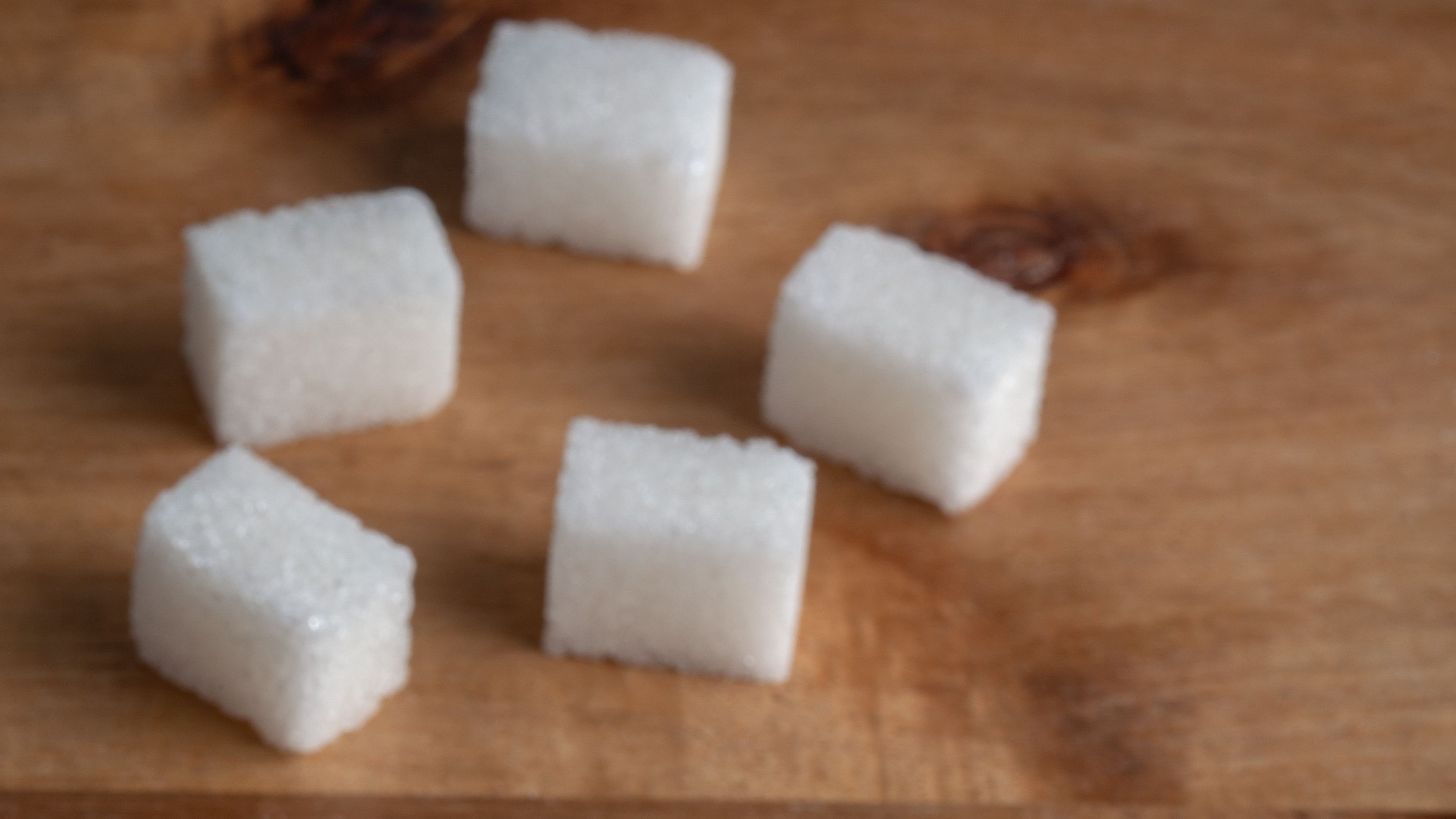The Sweet Truth: How Sugar Alcohols Might Aggravate Your SIBO, IBS, and GERD
Nov 25, 2023
The Sweet Truth: How Sugar Alcohols Might Aggravate Your SIBO, IBS, and GERD
In the quest for healthier alternatives to sugar, many have turned to sugar alcohols like Xylitol, Erythritol, and Sorbitol. While these sugar substitutes may seem like a sweet solution, they can pose challenges for individuals dealing with gastrointestinal issues such as Small Intestinal Bacterial Overgrowth (SIBO), Irritable Bowel Syndrome (IBS), and Gastroesophageal Reflux Disease (GERD). In this blog post, we'll discuss sugar alcohols, exploring their impact on digestive health and shedding light on alternative sweeteners.
Understanding Sugar Alcohols:
Sugar alcohols are commonly used as sugar substitutes in a variety of products, marketed as a healthier option due to their lower calorie content and reduced impact on blood sugar levels. The most prevalent sugar alcohols include:
- Xylitol:
- Often found in sugar-free gum and candies, Xylitol is known for its sweetness and dental benefits.
- Potential gastrointestinal effects include bloating and discomfort, making it less suitable for those with sensitive digestive systems.
- Erythritol:
- Widely used in "diet-friendly" and sugar-free products, Erythritol is popular for its cooling effect and minimal impact on blood sugar.
- Despite its low calorie count, Erythritol can be a gut irritant, leading to digestive distress in some individuals.
- Check the labels on your Stevia and Monkfruit, since Erythritol is often added because it is cheap and maximizes profits for the Stevia and Monkfruit manufacturers.
- Sorbitol:
- Commonly used in sugar-free foods, Sorbitol provides sweetness with fewer calories.
- Known to cause gastrointestinal upset and act as a fermentable sugar, potentially worsening symptoms in individuals with SIBO.
The Gut-Connection:
Individuals with SIBO, IBS, or GERD often have sensitive digestive systems. Sugar alcohols can exacerbate their symptoms due to several reasons:
- Poor Absorption:
- Sugar alcohols are incompletely absorbed in the small intestine, reaching the colon where they can ferment and cause bloating, gas, and discomfort.
- Fermentation:
- The fermentation of sugar alcohols in the colon can lead to the production of gases, further contributing to digestive symptoms.
- Osmotic Effect:
- Sugar alcohols can have an osmotic effect, drawing water into the intestines and potentially causing diarrhea, a common concern for those with IBS.
Alternative Approaches:
If you're dealing with digestive issues and still crave sweetness, consider these alternatives:
1.Stevia:
- A natural sweetener derived from the leaves of the Stevia plant, Stevia is calorie-free and does not impact blood sugar levels.
- Monk Fruit:
- Extracted from the Monk Fruit, this sweetener is calorie-free, does not raise blood sugar, and is generally well-tolerated.
While sugar alcohols have gained popularity as sugar substitutes, individuals with SIBO, IBS, or GERD need to be cautious. Understanding the impact of sugar alcohols on digestive health and exploring alternative sweeteners can be a crucial step towards managing symptoms and promoting overall well-being. Prioritizing gut health involves making informed choices, and this includes being mindful of the sweeteners we consume.

